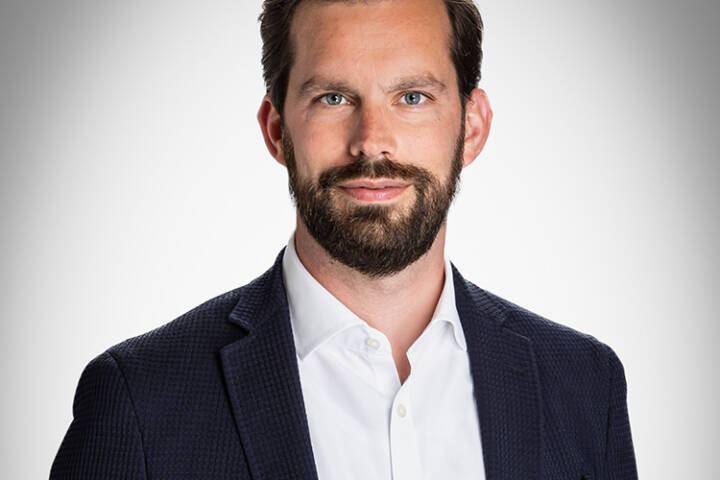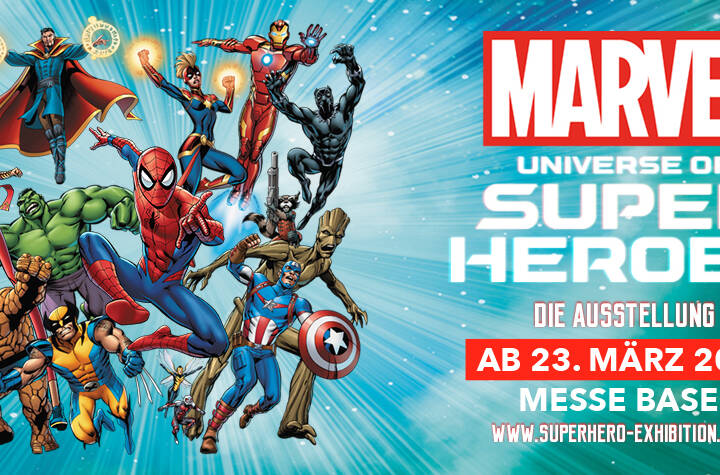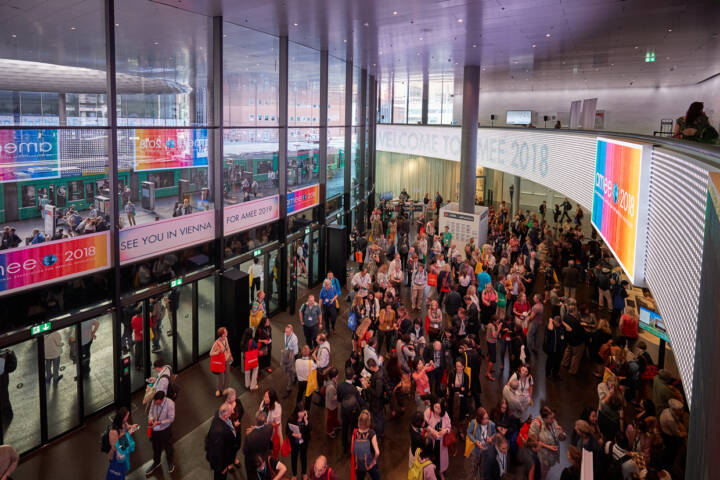The event industry has currently had an enormous upheaval forced upon it. How are you, as a catering specialist, coping with the cancellation of major events?
Frank Wassermann: In the current crisis situation, it is primarily a matter of securing the company, ensuring liquidity and moving into new areas of business. We have made a virtue out of necessity and are focusing on the core issue of sustainability. Standstill is not part of our vocabulary.
Isn’t a sustainable event industry a contradiction in terms?
Sustainability has tended to be rather alien to the event industry in the past. Hedonism and an eco-social conscience have not seemed to be mutually compatible to date. But that’s not quite true. There are many points of departure for organising sustainable catering. And that certainly doesn’t mean relinquishing good cheer, a festive mood and delight. We only have one planet Earth and, in order to preserve it, we need to reflect on matters, lay aside our egoism and stop “turning a blind eye”. Sustainable action is what is called for – including for events and the associated catering.
What priorities are you setting?
We, Wassermann, will be remaining reliable, grounded and service-oriented, while being more environmentally friendly in future. Digitalisation and sustainability will be the core topics for the next few years. Sustainability is not just an option for us but an obligation, and hence a cross-sectional task during the time to come. Many of our customers are actively demanding information on ecology and social compatibility – when asking for tenders, for example. This is about more than ecological packaging units, such as reusable or disposable tableware. The topic covers a very broad spectrum and we are attempting to take up and implement all the different options and areas of action.
What precisely does this involve?
We don’t set out to educate our customers but we advise them in the best possible manner, show them alternatives and place a certain amount of responsibility in their hands. Topics such as food waste, energy efficiency, resource-saving approaches, and also animal welfare, less meat, creative vegetarian dishes and fair trade, will be occupying our company more than ever before over the years to come. We are making a commitment to review, question and analyse our company in all the different areas with regard to these issues. Our clearly defined goal is to guarantee climate-neutral catering in the near future.
Does sustainable catering have to be more cost-intensive too?
No, not at all. A great deal of waste can be avoided with a targeted food concept. About one third of all the food produced for consumption worldwide ends up wasted – about 1.5 billion tonnes per year. This constitutes both an ethical and an ecological challenge for us. Buffets are ordered for about half of our events. The raw material per person can be calculated at about 1.2 kg, of which some 18% on average will not be consumed. In addition, a reserve of 5 to 10% is always calculated. This leads to an unused surplus production of up to 25% that has to be disposed of. With the menus, flying lunches and flying dinners that we offer, we are able to supply variants that are much more sparing on resources than buffets. But enough of numbers. I just wanted to illustrate the potpourri of options that are available. It is ultimately up to us and our job to provide the customer with creative options and solutions. We are not only working on this now but will continue to do so for the medium term and in the distant future. This is a continuous process that will constantly accompany us in our future activities.



